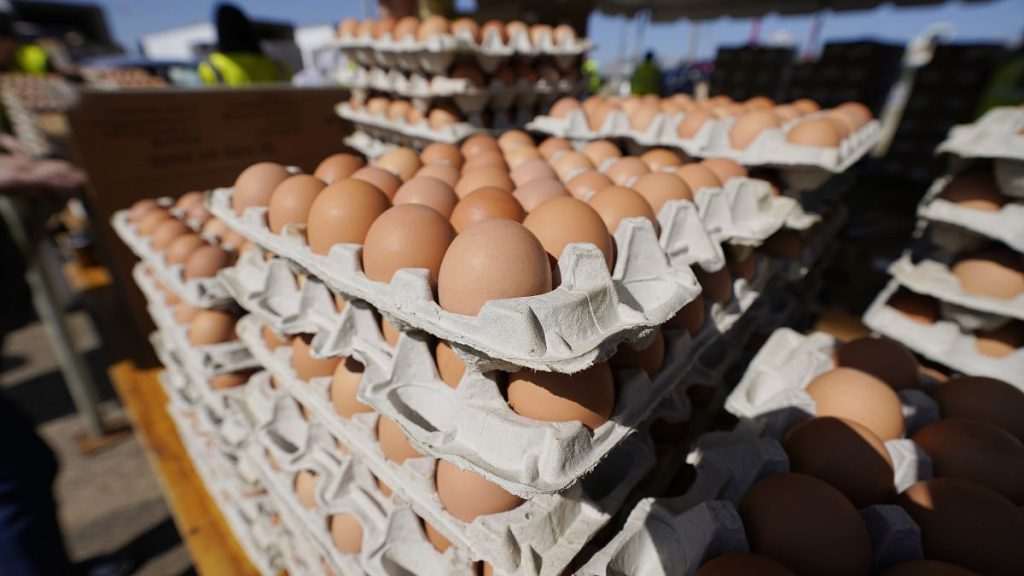The European Union is set to reduce its imports of key food commodities from Ukraine, such as eggs, oats, sugar, poultry, maize, hulled grains, and honey. This decision comes less than two weeks after the EU implemented a new preferential trade scheme that includes an automatic safeguard mechanism to protect certain domestic sectors considered sensitive. The move to restrict imports of eggs from Ukraine is in response to the significant increase in imports, and similar restrictions are expected for sugar imports as well. The EU Commission has the authority to re-introduce tariffs and quotas if imports of these commodities surpass certain limits.
The recent tweak to the temporary suspension of tariffs and quotas on Ukraine’s agricultural exports, which was requested by France and Poland, was a response to Russia’s invasion of Ukraine in 2022. This new free-trade scheme, in effect since June 6, allows the EU Commission to implement an emergency brake and reintroduce tariff-rate quotas if necessary. Sugar imports are particularly under scrutiny, with concerns that the current import volumes may trigger the emergency brake limit. The Commission is closely monitoring the situation and will act accordingly if the trigger levels are reached, imposing tariffs within 14 days.
Some experts suggest that a portion of the Ukrainian sugar imported into the EU might have the status of inward processing, meaning it is imported for re-export. This aspect could impact how the Commission evaluates the situation when deciding whether to reinstate tariffs on sugar imports. The EU’s association representing European sugar users from the food and drink sector is concerned about the potential restrictions on sugar import volume, as it is a key commodity for processing products. However, Ukraine has recently exported a record amount of sugar in May, with 65% of its sugar exports going to the EU, driven by the country’s exploration of sugar beet production as a diversification option for grain producers.
The EU Commission’s decision to restrict imports of key food commodities from Ukraine, including eggs and potentially sugar, is a response to the significant increase in imports following the implementation of a new preferential trade scheme in the wake of Russia’s invasion of Ukraine. The Commission has the authority to re-introduce tariffs and quotas if imports surpass certain limits, as part of an automatic safeguard mechanism designed to protect sensitive domestic sectors. The decision to impose restrictions on imports reflects concerns about the impact of increased imports on domestic markets and the need to balance the interests of both domestic producers and importers.
The EU Commission’s close monitoring of sugar imports from Ukraine, and the possibility of re-imposing tariffs if trigger levels are reached, reflects the need to maintain market stability and protect domestic producers in the face of changing trade dynamics. The concerns raised by the association representing European sugar users highlight the complex interplay between economic interests and trade policy decisions. The recent record export of sugar from Ukraine underscores the country’s efforts to diversify its agricultural production and explore new markets for its products, particularly in response to geopolitical challenges such as the conflict with Russia.Overall, the EU’s actions regarding food commodity imports from Ukraine are a reflection of the challenges posed by global events and the need to balance competing interests within the European market.


